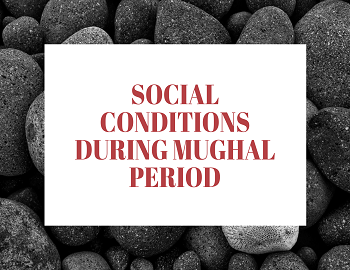Austro-Sardinian War:
It was concluded in the Plombiers Agreement that Austria should be provoked for war, so that, Austria should appear aggressive and Sardinia should look fighting in self-defense. Cavour started preparations for war from the time he came back from Plombiers. The newspapers of Piedmont started criticizing Austria vehemently. Cavour’s intention was to instigate Austria for war. Cavour prompted people to revolt in the Austrian colonies of Muss and Ferrara situated in Italy. It created a tense situation there. It seemed as if a war between Sardinia and Austria had become inevitable. Therefore, England tried to seek a solution for the grievous problem with the cooperation of France. At last, Sardinia agreed to recede its army but Austria marched forward absurdly. On 23 April 1859, Austria sent an ultimatum to Sardinia to recede its troops in three days failing which a war would be declared against Sardinia. Cavour’s dormant hopes shone suddenly. He cried in delight, “Oh, the die has been cast and we are going to make history.” On 29 April, Austria’s troops entered the boundary of Sardinia and war started. Victor Emmanuel himself caught the reins of command in the war. Austria became aggressive in the eyes of Europe and lost the sympathy of European states. Austria’s aggressiveness dispelled Napoleon’s hesitation and in May France too declared war against Austria and in favor of Sardinia.
The combined forces of France and Sardinia defeated Austria at Montebello on May 20, at Polestro on May 30, and at Magenta on June 4 successively. Milan was also defeated after a few days. On June 24, the combined forces got a victory on Solferino. As a consequence of these defeats, Austria was constrained to leave the Lombardy region and Austrian soldiers had to take shelter in four famous forts of Venetia- Menshua, Peischeera, Verona, and Legnona. It seemed at that time as if Sardinia would also take possession of Ventia but Napoleon III declared a cease-fire abruptly without asking Sardinia. France withdrew from the war for the following reasons:
(1) France had sustained a considerable loss in this war. It might have suffered more had the war continued for a long time.
(2) Napoleon realized that the establishment of a powerful state along the South-East border would pose a danger to France.
(3) Roman Catholics of France did not want to continue the war because Sardinia’s expedition of victories could endanger the position of the pope.
(4) Napoleon was aware that Austria’s strength had not broken despite so many defeats. Moreover, Prussia too was thinking of waging war in favor of Austria. It had started deploying troops at the frontiers. Napoleon was not in a position to fight against the combined forces of both countries.









Comments (No)